Join us in celebrating uniqueness! Choose from this curated selection of digital titles within Pfeiffer Library that feature Martin Luther King Jr. and his impact, all readily available at your fingertips!
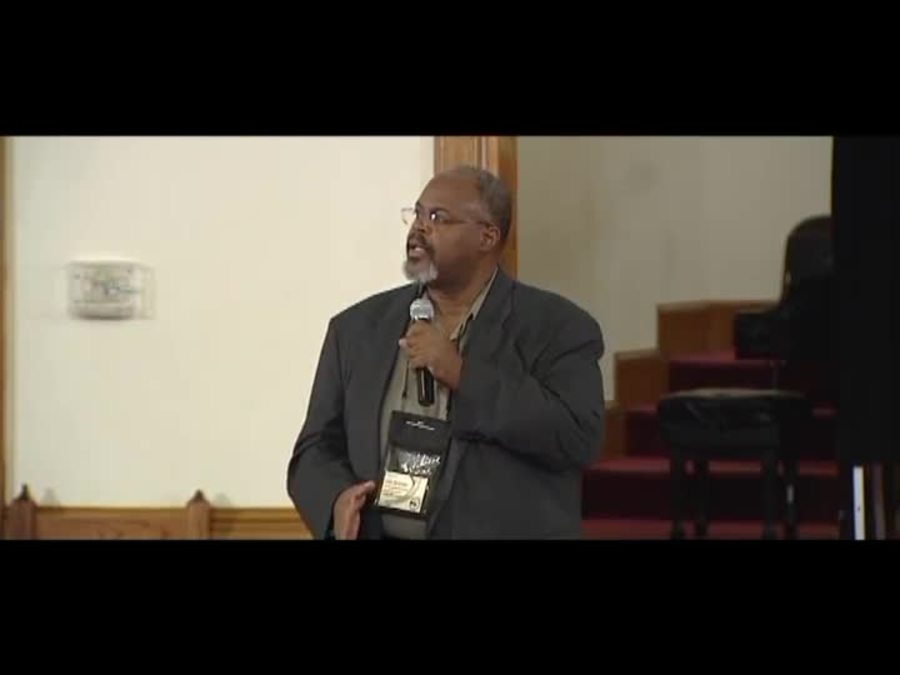
Call Number: 166005
Publication Date: 01/09/2019
This panel of local leaders provides a close-up look at the sit-in movement in Raleigh, North Carolina—the city of SNCC's birthplace—and the segregation existing there in the 1940s and 50s.
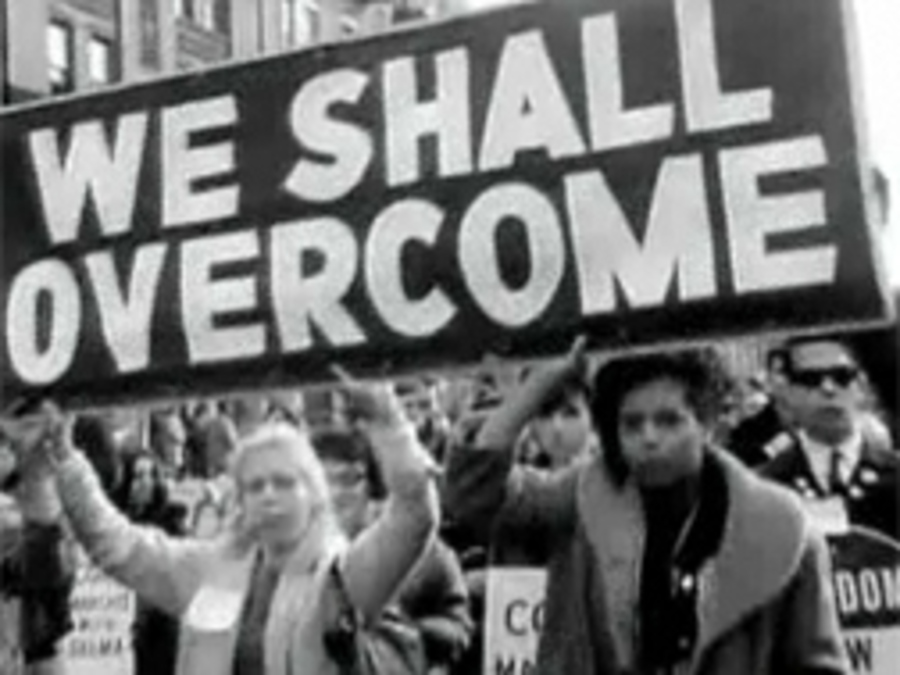
Call Number: 47589
Publication Date: 5/15/2012
A part of the series America in the 20th Century. Anyone who thinks the civil rights movement began and ended with Martin Luther King Jr. will discover a new, eye-opening view of history in this program. It reveals a long-running struggle for racial equality starting with Civil War– and Reconstruction-era events, moving through the blight of Jim Crow and the formation of the NAACP and other groups, and depicting the drama of King’s movement in varied, evolving phases. The work of Malcolm X, the rise of the Black Power movement, and the future of America’s ongoing equality battles are also examined. Correlates to standards from the National Council for the Social Studies. A viewable/printable instructor’s guide is available online. (84 minutes)
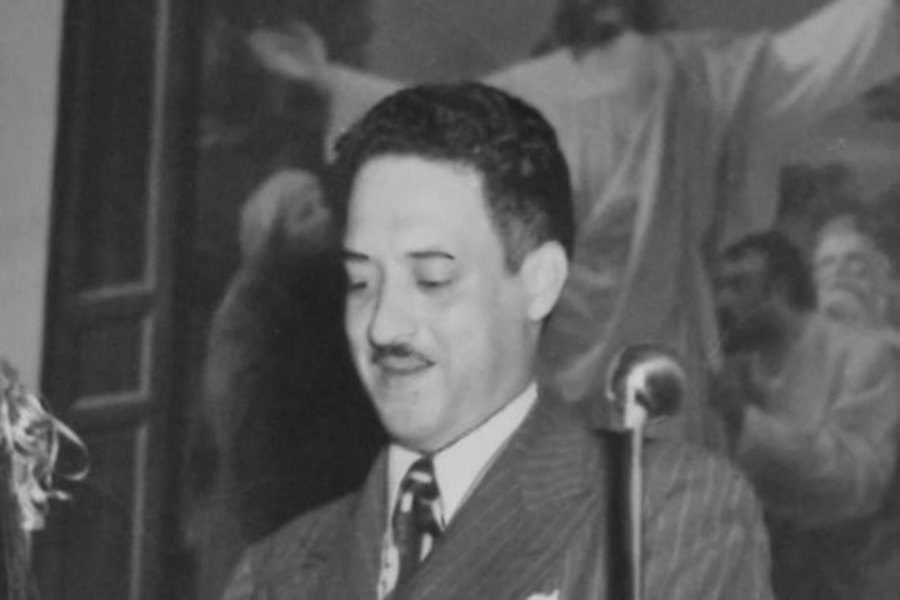
Call Number: 60754
Publication Date: 1/31/2015
Civil rights attorney Thurgood Marshall’s triumph in the 1954 Brown v. Board of Education Supreme Court decision to desegregate America’s public schools completed the final leg of an heroic journey to end legal segregation. For 20 years, during wartime and the Depression, Marshall had traveled hundreds of thousands of miles through the Jim Crow South of the United States, fighting segregation case by case, establishing precedent after precedent, all leading up to one of the most important legal decisions in American history. Along the way, he escaped the gun of a Dallas sheriff, was pursued by the Ku Klux Klan on Long Island, hid in bushes from a violent mob in Detroit, and even survived his own lynching. In this impossible environment, Thurgood Marshall won more Supreme Court cases than any lawyer in American history, and set the stage for the civil rights movement of the 1960s. Marshall, who went on to become the first black Supreme Court justice in 1967, made the work of civil rights pioneers like the Rev. Martin Luther King, Jr. and Rosa Parks possible, by laying the groundwork to end legal segregation and changing the American legal landscape.
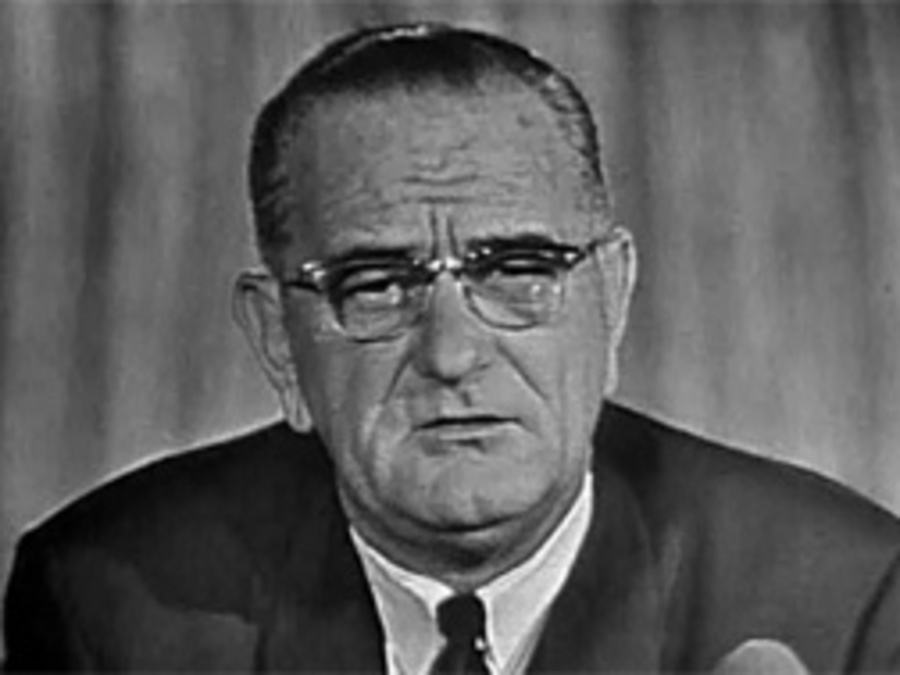
Call Number: 48819
Publication Date: 5/15/2012
“This Civil Rights Act is a challenge to all of us,” says President Johnson, “to go to work in our communities and our states, in our homes and in our hearts, to eliminate the last vestiges of injustice in our beloved country.” This documentary, filmed in 1965, looks back on the signing of the Civil Rights Act of 1964 and asks What has and has not been done during this year that held such great promise? From the National Archives and Records Administration. (28 minutes)
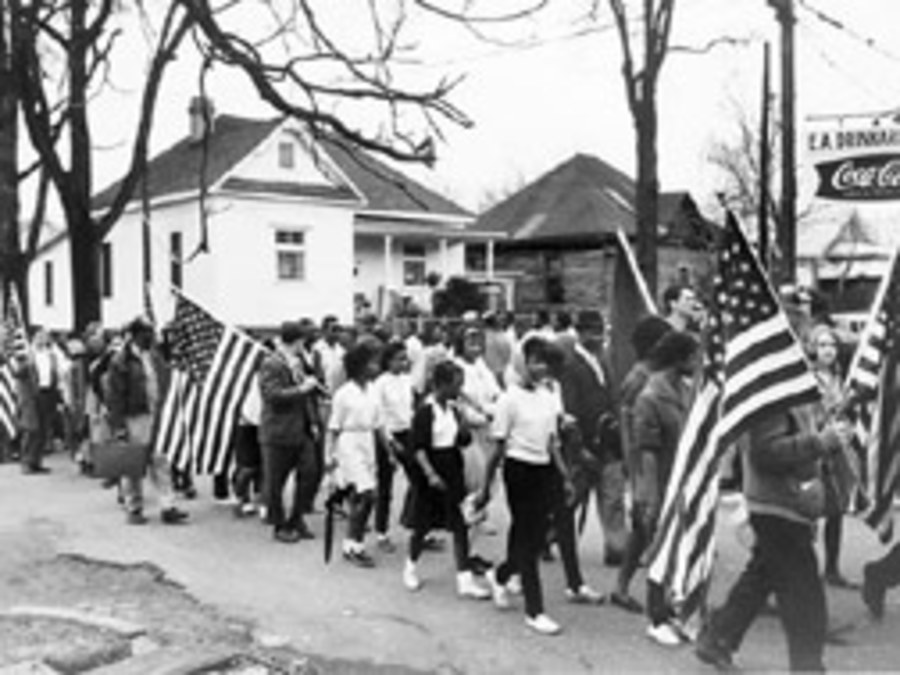
Call Number: 37584
Publication Date: 03/05/2009
Although many of the movers and shakers of the Civil Rights era are gone now, their names will live forever through their achievements. This NewsHour program describes the courageous actions of Rosa Parks and Hamilton Holmes and picks the brain of John Lewis about what it was like to take part in the Freedom Ride and to lead the Selma march on Bloody Sunday.
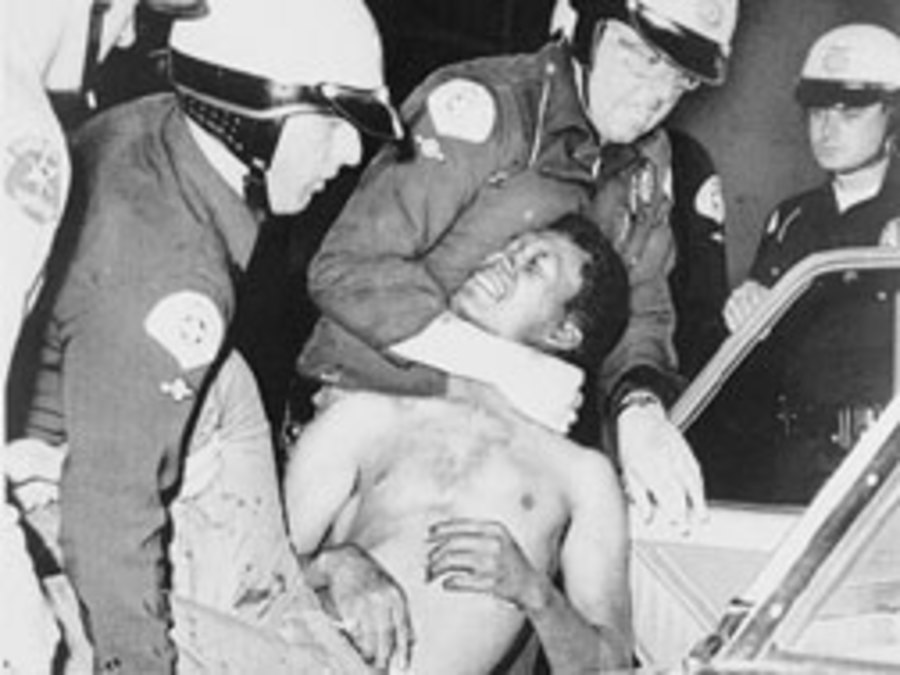
Call Number: 2609
Publication Date: 03/05/2009
First there was the law, and then there was enforcement of the law. This program begins at Little Rock’s Central High School, when soldiers had to provide safety for black children exercising their legal right to go to school. Martin Luther King, Jr., already appears in 1958 at a meeting of black leaders with President Eisenhower. The civil rights movement accelerated: marches, clashes with the police and the jailing of demonstrators, the murder of Medgar Evers, the bombing of the Baptist church in Birmingham, sit-ins and protests, the Montgomery march, the Mississippi Freedom march, Martin Luther King, Jr.’s famous "I Have a Dream" and "I Have Been to the Mountaintop" speeches, his funeral, and President Johnson’s signing of the Civil Rights Bill of 1968. (27 minutes)
Call Number: 43792
Publication Date: 4/18/2011
On picket lines, in organizational meetings, even in police wagons and jail cells, songs of protest and inspiration helped drive the civil rights movement. Showcasing many of those songs, this stirring documentary explores the history of the era through archival footage, interviews with key civil rights activists, and performances by contemporary artists assembled specifically for the film. Congressman John Lewis (D-GA), former Atlanta mayor Andrew Young, former NAACP chairman Julian Bond, freedom rider Hank Thomas, civil rights organizer Jim Lawson, former King aide Dorothy Cotton, and music legend Harry Belafonte are among those interviewed. On-camera performers include John Legend, Joss Stone, Wyclef Jean, and The Roots. Featured songs: “Wade in the Water,” “This May Be the Last Time,” “Ain’t Gonna Let Nobody Turn Me ’Round,” “We Shall Not Be Moved,” and more. (82 minutes)
0 Comments.